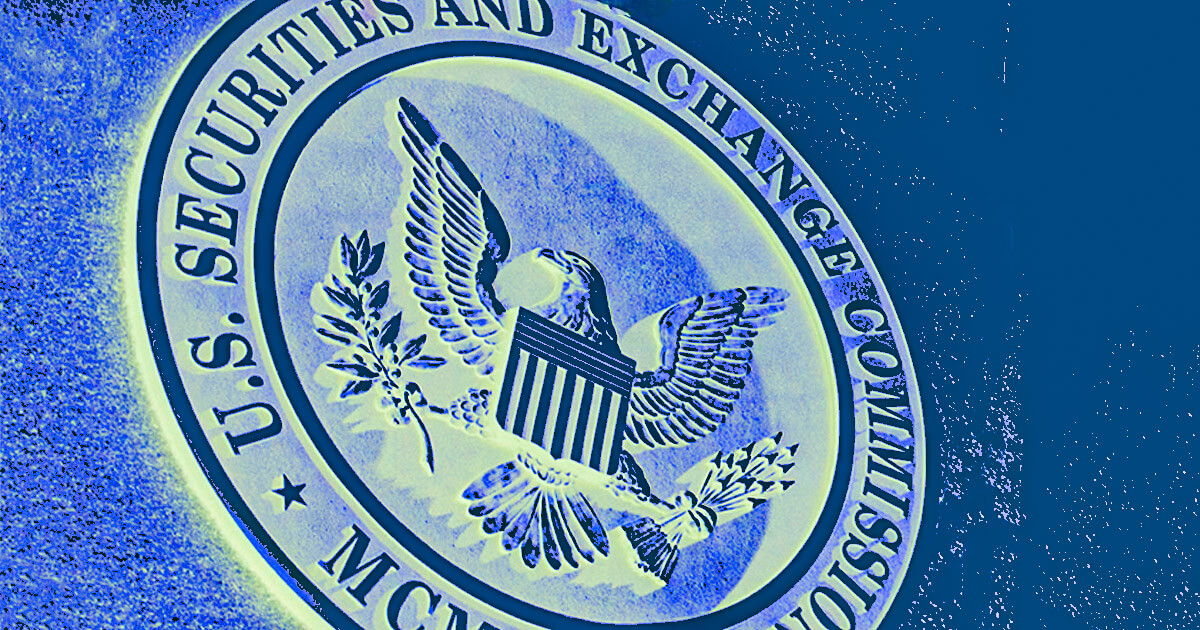In a keynote address at Eurofi this week, Nikhil Rathi, chair of the Financial Conduct Authority (FCA), emphasised a number of collaborative initiatives the UK is taking with international partners to promote economic prosperity.
The speech comes on the backdrop of the UK and EU recently signing a memorandum of understanding (MoU) in regulatory cooperation for financial services. This understanding is critical for the deeply intertwined financial services sectors. According to the FCA, £2.4 trillion of assets are overseen by UK-based investment managers on behalf of UK clients.
Sustainable Finance
In light of the ongoing climate crisis, Rathi stressed the FCA’s commitment in strengthening the regulatory framework for sustainable finance. This could look like climate reporting standards such as those done by the International Sustainability Standards Board (ISSB), which is co-chaired by the FCA.
According to Rathi, the FCA is pushing for a more holistic framework for financial sustainability, to avoid ‘greenwashing’ and provide meaningful information for companies looking to decarbonise their operations.
In 2021, the WWF and Greenpeace found that investments held by the UK’s biggest banks and investors emit 805 million tonnes of carbon per year, doubling the UK’s domestic emissions at the time.
Crypto Regulation
Perhaps the most turbulent area of the financial sector, crypto-assets need more international cooperation than any other sector. Since crypto businesses operate transnationally, this demands a collective approach to regulation.
Rathi commended the FCA’s role in the International Organisation of Securities Commissions (IOSCO) which is developing global standards for digital assets. This is on the heels of some of the biggest businesses in crypto facing issues in the past year, such as the heist on Hong-Kong-based CoinEx this week which saw almost £43 million withdrawn in nine different crypto currencies.
Recommended reading
Non-Bank Financial Intermediation (NBFI)
Turning to broader concerns about financial stability, Rathi emphasised the importance of data sharing among regulators to manage risks in wholesale markets.
In particular the Rathi is highlighting the risks associated with hidden leverage in hedge funds and other non-bank sectors. This is where institutions use financial strategies to amplify their exposure to risk without full transparency or disclosure, which can lead to broader instability and systemic risks in the financial system.
Global Alignment
Finally, Rathi discussed the UK’s commitment to open and internationally consistent markets. He welcomed closer collaboration to address cross-border risks, and is looking to EU and global partners to help develop common standards to prevent financial regulatory fragmentation.
Related
Credit: Source link















































